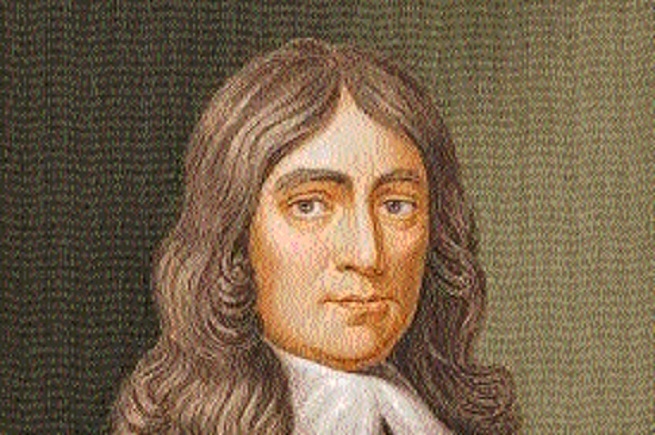Of virtues of a true ‘King’
| Date :11-Jan-2022 |

John Milton
By Vijay Phanshikar :
... Yet he who reigns within himself,
and rules
Passions, Desires and Fears, is more a King;
Which every wise and vertuous man attains:
And who attains not, ill aspires to rule
Cities of men or head-strong communities,
Subjects himself to Anarchy within ...
- John Milton in
‘Paradise Regained’
ALL civilised human societies harbour this description as the ideal for every person to attain -- across lands, across seas, across cultures, across political divides! Every civilised human mind struggles to master the inner domain, get over and past the anarchy within, and aspires for peace and cohesion with self. In ‘Paradise Regained’, John Milton talks of core values of Christian idealism and heroism -- which are described to have been represented so regally by none other than Jesus Christ himself. Common people, however, run into a problem at this point in thought. For, the virtues that Jesus -- or any other autonomous person of that merit -- represents appear to be so far beyond human attainment. And much of this apprehension stems from imaginary association of impossibility of those values so candidly mentioned in ‘Paradise Regained’ or anywhere else in the vast expanse of universal literature. Simple human thinking, therefore, hovers around the idea of fine virtues that skip the ones Milton mentions. Such a thinking, then, qualifies itself by talking of ‘moderate’ passions, ‘moderate’ desires, ‘moderate’ fears.
When these harbingers of anarchy (within) are kept at a level of moderation, then the human individual becomes a good candidate of a decent-enough life of higher social acceptability. It is, then, generally described as a life of virtue. But then, such men and women who attain moderation in their urges cannot lay claims to be kings or queens of the domain so wonderfully captured in ‘Paradise Regained’. For, no matter their moderate attainment, such men and women also present themselves to be equally good candidates of the inner chaos -- the ‘anarchy within’, in Milton’s terms. This brings us to a tough definition of the qualification to be the true ‘King’ of the inner kingdom where greatest attribute is the ability to reign over passions and desires and fears.
When that happens, then only the person can become “he who reigns within himself and rules ...”! Though a quite a lot of the literature of the England during the time of the Stuart dynasty (Civil War included) in the 17th century had a religious undertone, it also had an emphasis on core human virtues that make up for civilisational refinement -- often cutting across the divide of faith. This did not happen only in England, but all cultures universally experienced such a surge of human thought towards greater sophistication steeped in polish of human goodness. When literature is drenched with such thought, specific faith does not obscure human comprehension. Such is the value and virtue of classicism -- which we must not lose sight of in the rough and tumble and hustle and bustle of modern life. Amen!